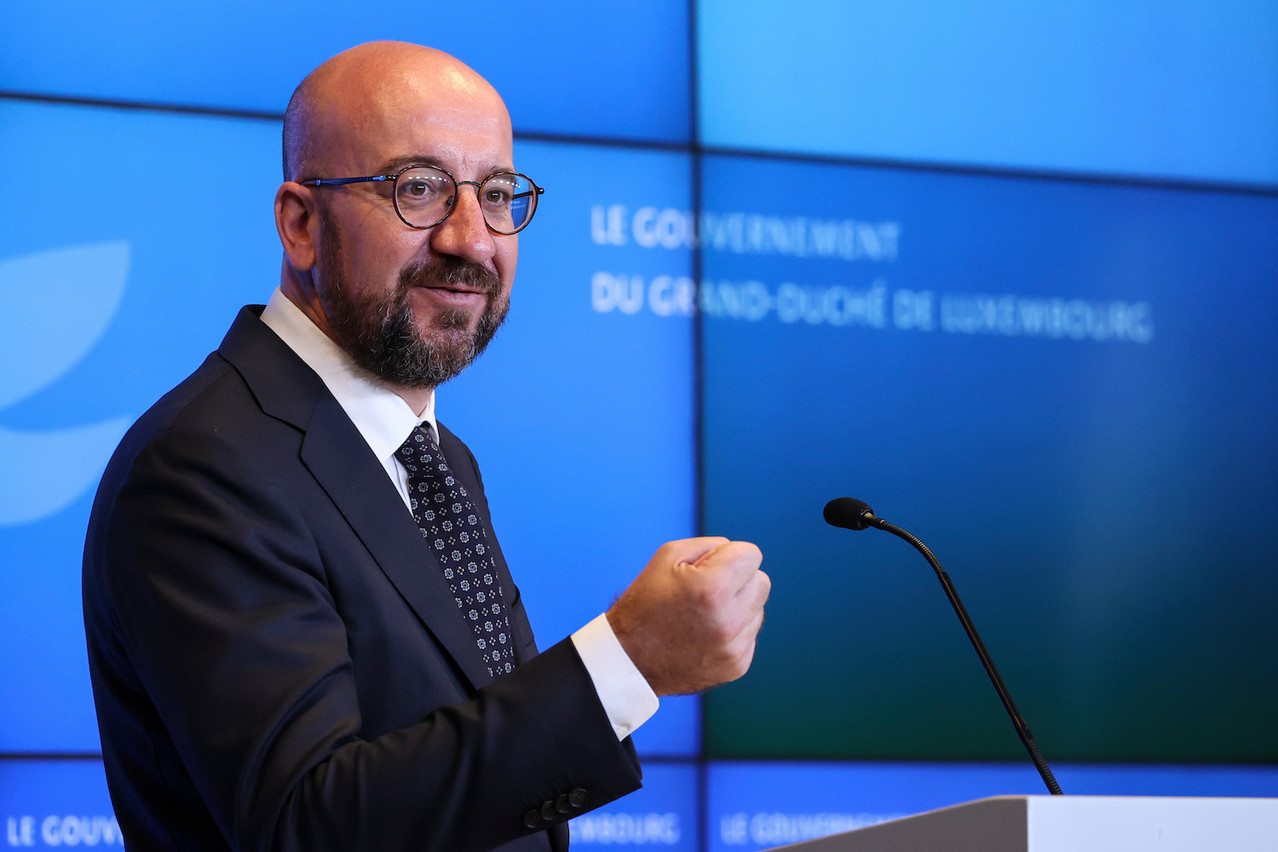Commission staff in Luxembourg and Brussels are paid the same wages, even though the cost of living in the grand duchy is 10.5% higher, according to a 2019 report.
“This significant difference warrants the pursuit of reflections on potential solutions, including the option of a correction coefficient,” foreign minister Jean Asselborn said last week in answer to a .
Such a coefficient is paid to commission staff in other EU cities more expensive than Brussels.
Michel during a press conference on 16 September said he could not speak on behalf of the European Commission concerning salaries or the recruitment of staff but added that the council had confirmed the “important role played by Luxembourg when it comes to the presence of the institutions.”
The grand duchy hosts parts of the European Commission and the European Parliament as well as the European Investment Bank, the Court of Justice of the European Union and the newly created European Public Prosecutor’s Office. It is also the headquarters of the EU’s high-computing project EuroHPC.
Under a 2015 agreement, the commission committed to hosting just over 12% of its workforce in Luxembourg. Around 14,000 EU agents work in Luxembourg across the different institutions.
A Luxembourg union of EU workers--the Union Syndicale Fédérale Luxembourg--has long campaigned for more attractive working conditions, also claiming that careers of staff in Luxembourg don’t progress as quickly as those of their colleagues in Brussels.
“Price levels in Luxembourg (primarily cost of rent) severely hamper recruitment, especially in the lower grades,” it says. This is compounded by an increase in recruited staff contracts over civil servant jobs.
The European Court of Auditors in June warned the European Commission of palpable recruitment difficulties. Luxembourg’s minimum wage is €2,642 for skilled workers but contractors in low salary grades earn less than this amount based on the Brussels wage grid.
Rule of law
Speaking to the press following a visit to Robert Schuman’s birthplace, prime minister Xavier Bettel (DP) spoke on the rule of law in the EU, saying it’s unacceptable “that in some countries, as of today, some of the liberties we thought were achieved, aren’t there anymore.”
A last week said that 83% of people in Luxembourg think EU funding should not be given to countries violating rule of law and democratic principles.
Brussels in July listed serious rule of law concerns against Poland and Hungary, including the independence of the justice system, media pluralism and LGBTQ+ rights. “The European Union is not only a common market,” Bettel said on Thursday but also a “union of human rights.”
Michel agreed saying “rule of law should be at the core of our European ambition,” praising Luxembourg as an honest, pragmatic partner.
The two politicians also touched on climate change, the covid-19 crisis and the need for European cooperation on geopolitical issues like Afghanistan.
